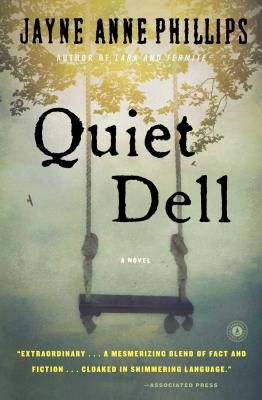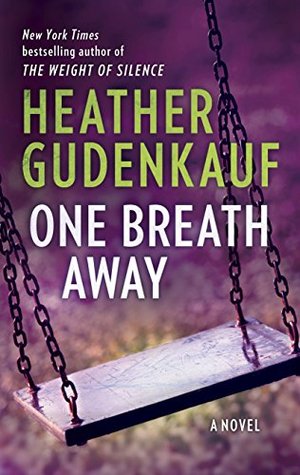
People who care about words, compare and contrast the following sentences:
1. A man shot six people in Plymouth.
2. Six people were killed by a shooter in Plymouth.
3. Six people died in a shooting in Plymouth.
1. A man shot six people in Plymouth.
2. Six people were killed by a shooter in Plymouth.
3. Six people died in a shooting in Plymouth.
"A man shot six people in Plymouth." This is the simplest and most direct description: active voice, with full prominence given to the subject of the verb; that is, the man who shot six people.
"Six people were killed by a shooter in Plymouth." This version is in the passive voice, giving prominence to the six people, rather than the shooter. Even though it's a longer sentence, the meaning is already less clear, and the information that a man was involved has been lost.
"Six people died in a shooting in Plymouth." This is the version official channels are using. The six people who died are the subject of the sentence, and the man, the shooter, has been omitted from the sentence altogether, making the deaths sound almost accidental.
Words matter; and those who make their living from words know exactly what they are doing when they choose to write sentences in this way; moving responsibility away from the perpetrator of the action towards the victims. Ask yourselves why. Words matter.
• • •
Missing some Tweet in this thread? You can try to
force a refresh















